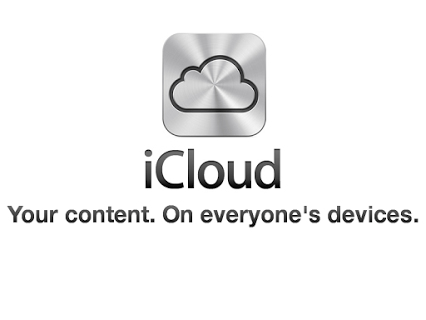Security void at iCloud seems to have allowed would-be hackers to repeatedly try different passwords on the service users' accounts, without them being locked as usual, after a number of failed attempts. Thus, in theory, it was possible to access any account after a lot of effort and a strong dose of luck. As protothema says, Apple has immediately coped and corrected the security gap.
As protothema says, Apple has immediately coped and corrected the security gap.
On New Year's Day someone with the nickname pr0x13 released a "tool" infringementof iCloud accounts. That program it was called iDict and essentially automatically tested thousands of passwords against a large list of frequently used words and phrases. Its creator claimed that he could even access Apple's security questions or two-factor authentication process.
The following day @pr0x13 wrote to Twitter that the security gap was corrected and iDict no longer works.
iCloud was a few months ago the target of attacks, with many actors, models and female singers claiming that their accounts had been hacked, resulting in the leakage of usually "spicy" photos.
Apple had then argued that leakage incidents were the result of targeted attacks and not of a security vacuum, of course not knowing how many bills were actually violated and how many celebrities exploited the noise created to come back temporarily to the news.






